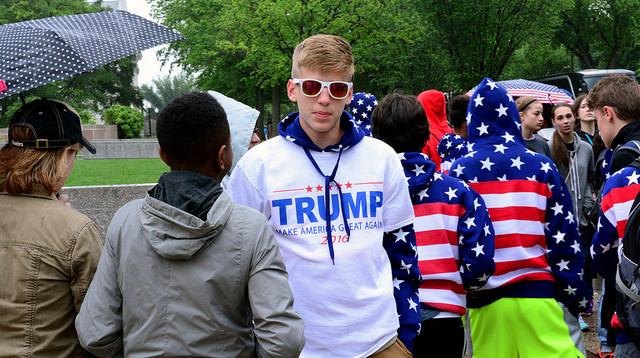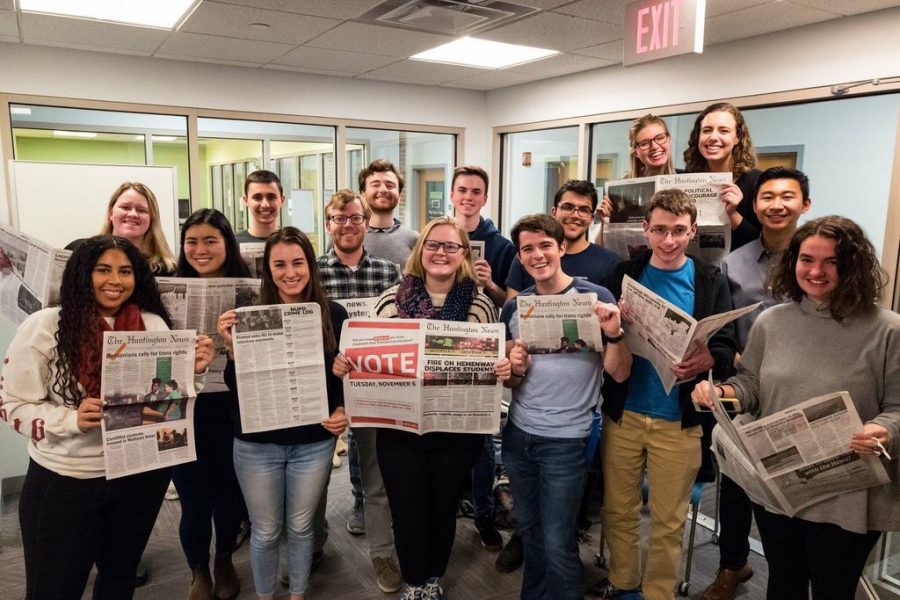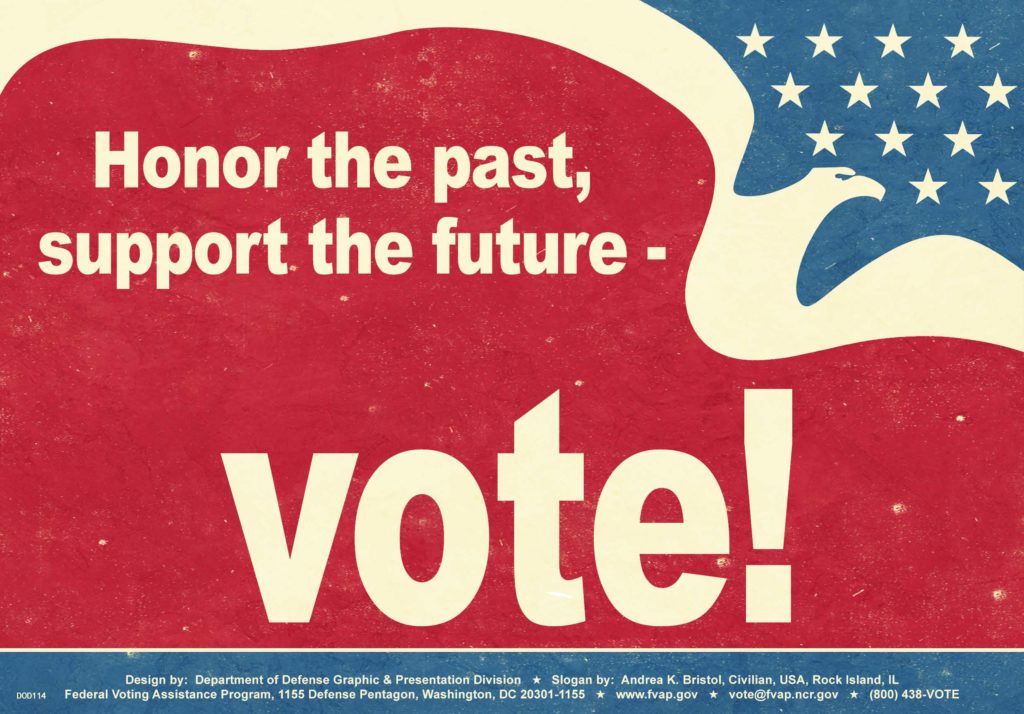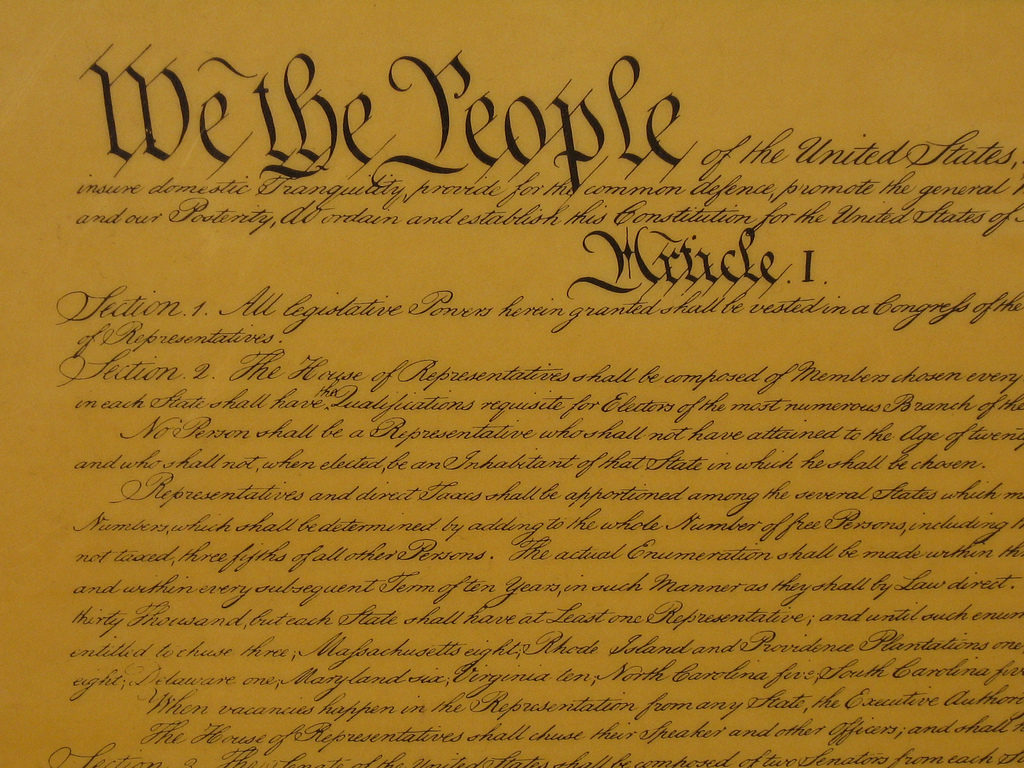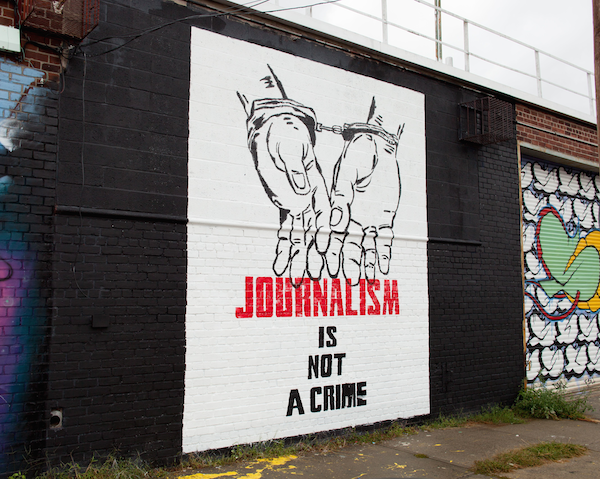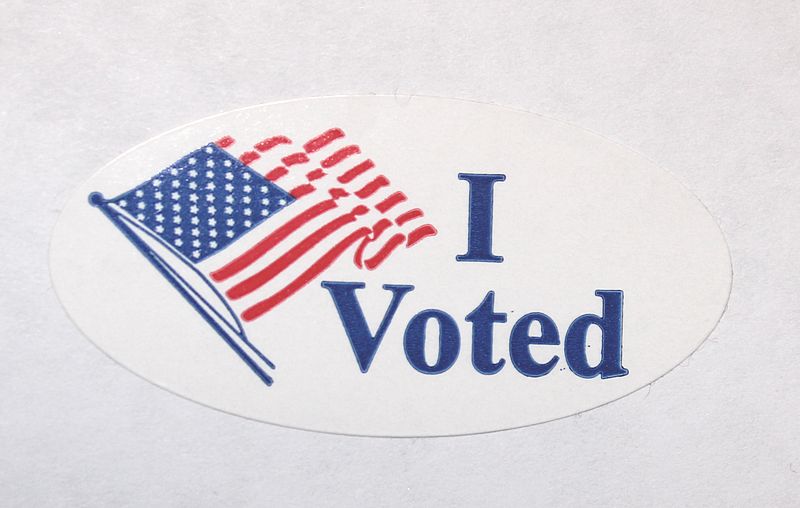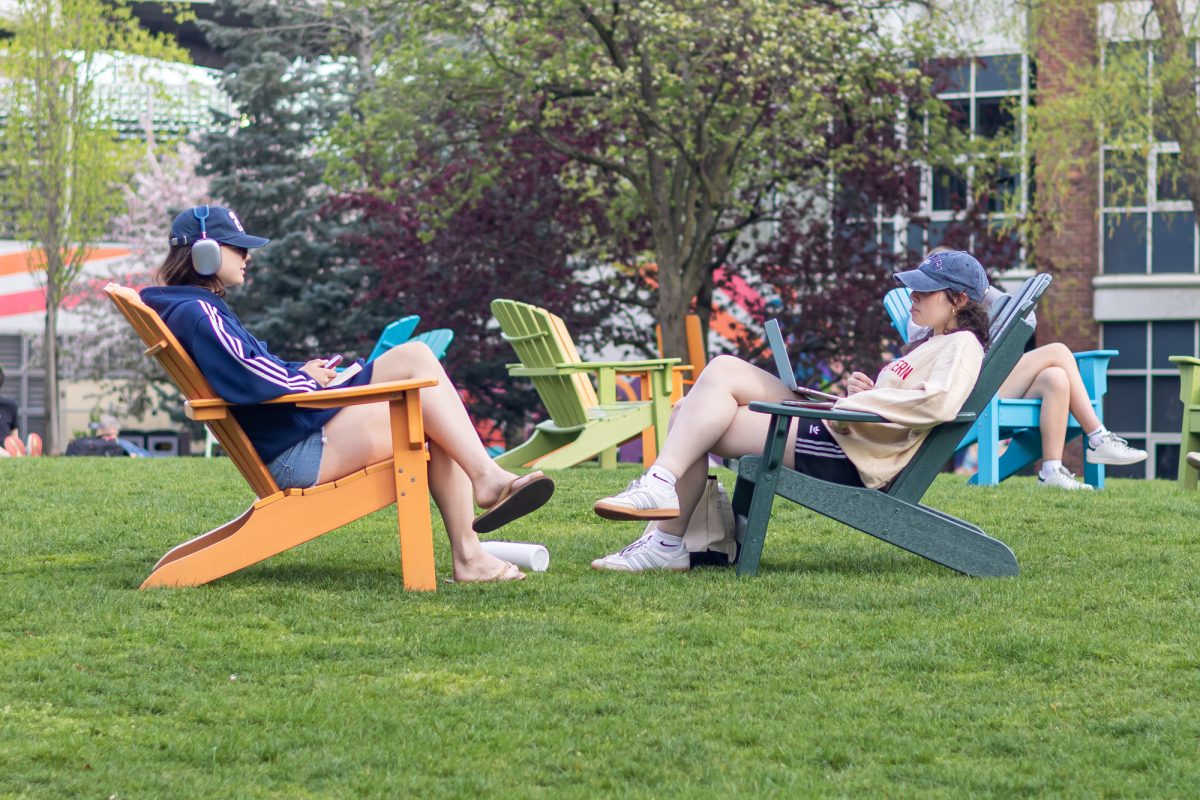In the aftermath of last week’s presidential election results, there has been a slew of finger-pointing. It was the media. It was sexism. It was racism. It was Hillary Clinton’s lack of likability. And, pervasively, it was 59 million uneducated, poor white folks who don’t know what’s good for them.
There are several dangers inherent in believing that the vast majority of conservatives are uneducated fools. The first is that it leads liberals to believe that they will be conservatives’ saviors. Instead of attempting to understand the ideas that drive conservatism, too many argue that conservatives just need to be taught progressive ideals. Then, they’ll switch sides, and everything will start moving in the right direction.
If Clinton supporters upset with the outcome of the election think the voters who propelled Donald J. Trump to the presidency are angry for no valid reason, they are wrong. Current President Barack Obama argued this point in 2008.
“You go into these small towns in Pennsylvania,” Obama said, “and, like a lot of small towns in the Midwest, the jobs have been gone now for 25 years and nothing’s replaced them. And they fell through the Clinton administration, and the Bush administration, and each successive administration has said that somehow these communities are going to regenerate, and they have not. And it’s not surprising then they get bitter. They cling to guns or religion or antipathy toward people who aren’t like them or anti-immigrant sentiment or anti-trade sentiment as a way to explain their frustrations.”
As a group, the left tends to focus on the end of that quote — guns, religion, anti-immigrant sentiment — rather than the first part. Consequently, the Democratic Party, which was founded on helping the downtrodden and the laborers of America, has estranged the working class.
Despite his comments, Obama’s administration has not helped the working class either. This year, Clinton collected 53 percent of votes from those making under $30,000 per year, according to CNN and the Roper Center at Cornell University. That’s a full 10 points lower than Obama garnered in 2008, marking the working class’s dissatisfaction with a Democratic Party that had promised change.
Liberal elitism has saturated the left. In the words of Peter Thiel, during his campaign, Trump was taken “literally” but not “seriously.” The same extends to his voters — over the past several decades, working-class folks haven’t been taken seriously by the government that is supposed to help them.
To solve this problem, it’s important to begin to understand the needs of people living in more conservative parts of the country. Humans of New York photographer Brandon Stanton has already taken his place in kickstarting that movement. On Monday, he announced that he was documenting residents of Macomb County in Michigan, which decisively voted for Trump.
Stanton’s goal is not to ask the subjects of his photos who they voted for or what their reasoning was. It is merely to introduce his readership to them. One of the people Stanton photographed is a young man who works on electrical installation at a machine tool automation company.
“Nobody my age wants to do this stuff. They all want to go to art school or make video games or something,” the young man is quoted as saying. “I think maybe it’s because too many people are being told to do whatever they want. Because no matter what you think you can be, there’s still gotta be people like me.”
People like him deserve to be valued, to be listened to and to be taken seriously. We at The News can only hope for the best: That Trump and his team will govern the nation, the whole nation, effectively. Of course, as the president-elect surrounds himself with dangerous men like Breitbart executive chairman Stephen Bannon and climate change denier Myron Ebell, that hope begins to shrink. We have to continue to fight against white supremacy and for climate justice, as well as address the countless other issues that continue to affect Americans from coast to coast.
Trump’s imminent presidency doesn’t shut down the conversations that make up movements. It brings them back to the forefront. As Americans, the best we can do is value one another. It’s our job to hold each other up.
Photo courtesy Juan, Creative Commons


